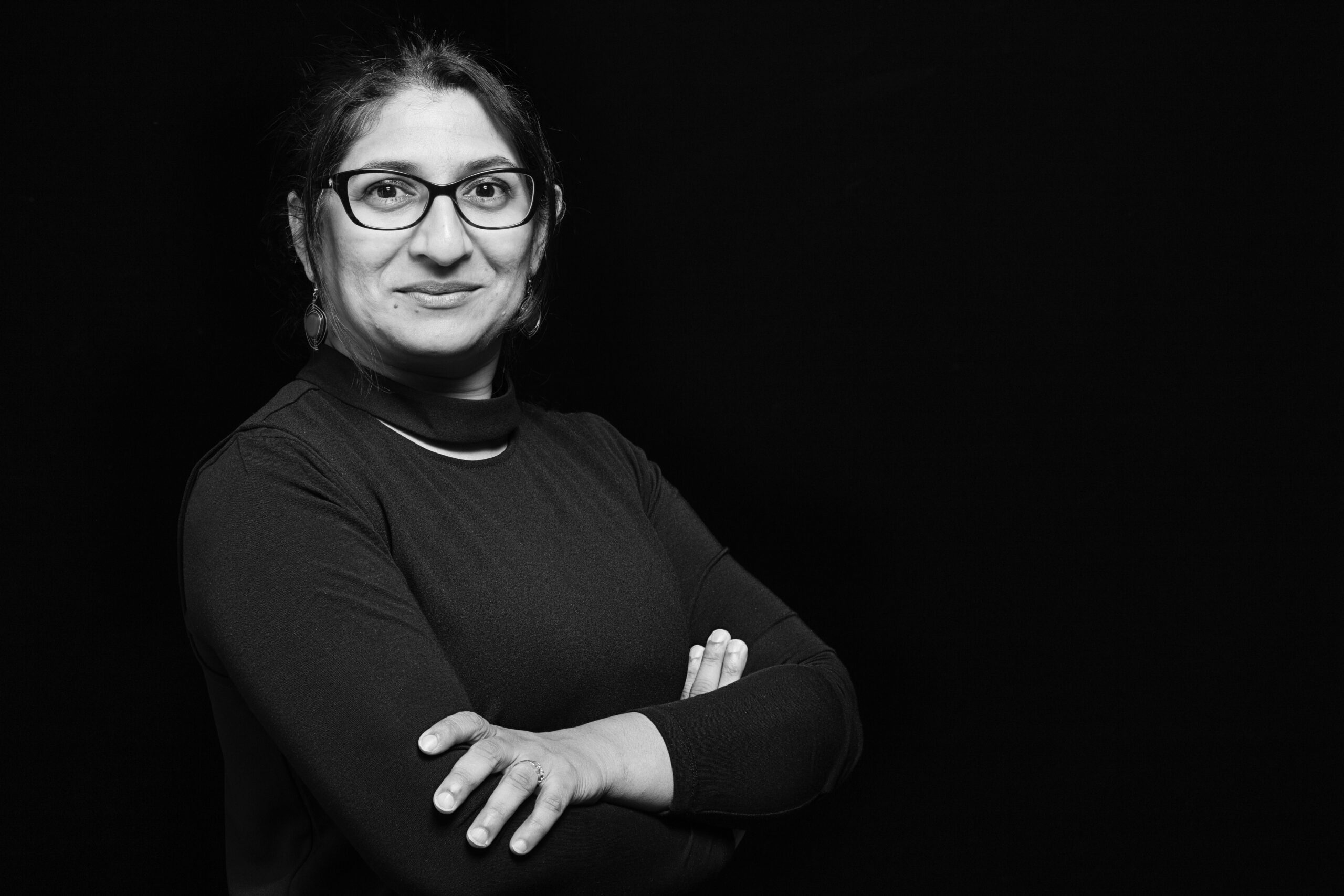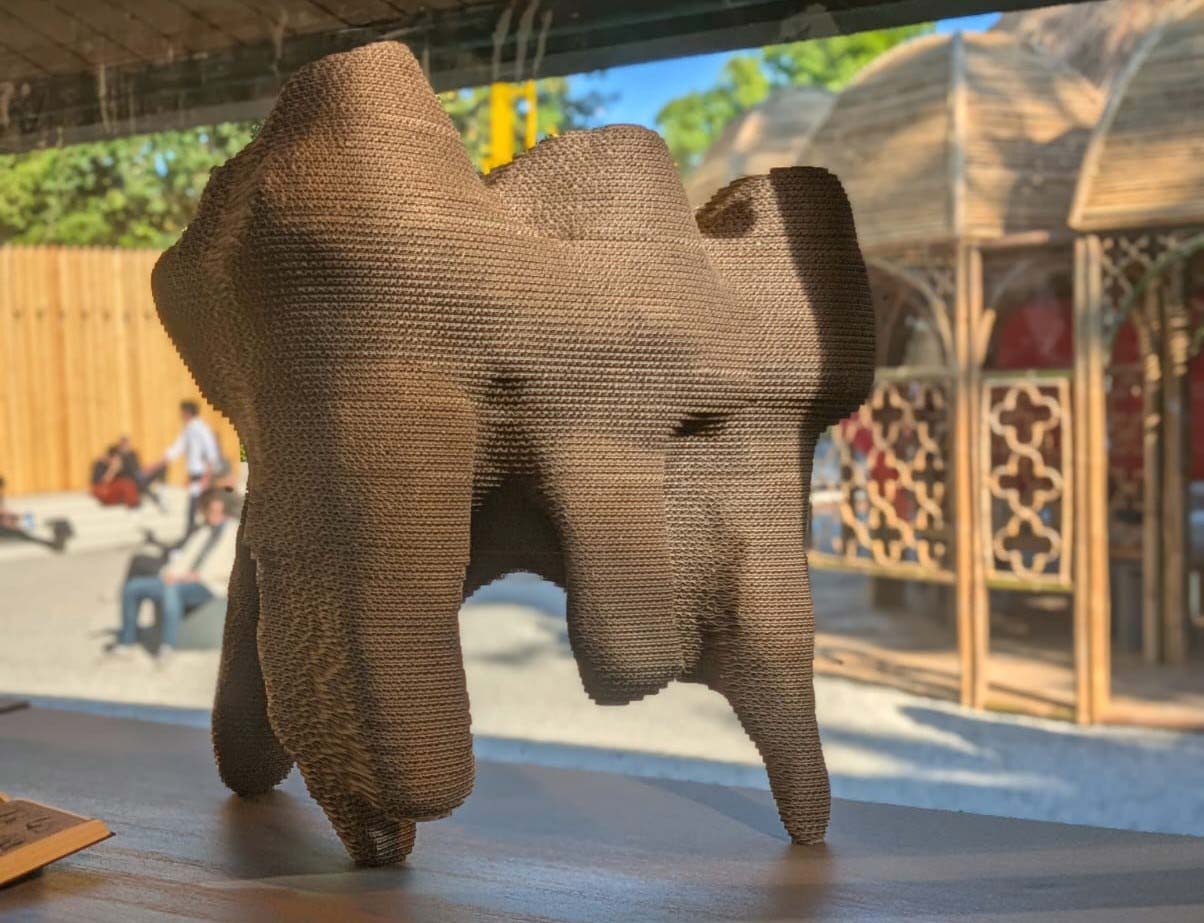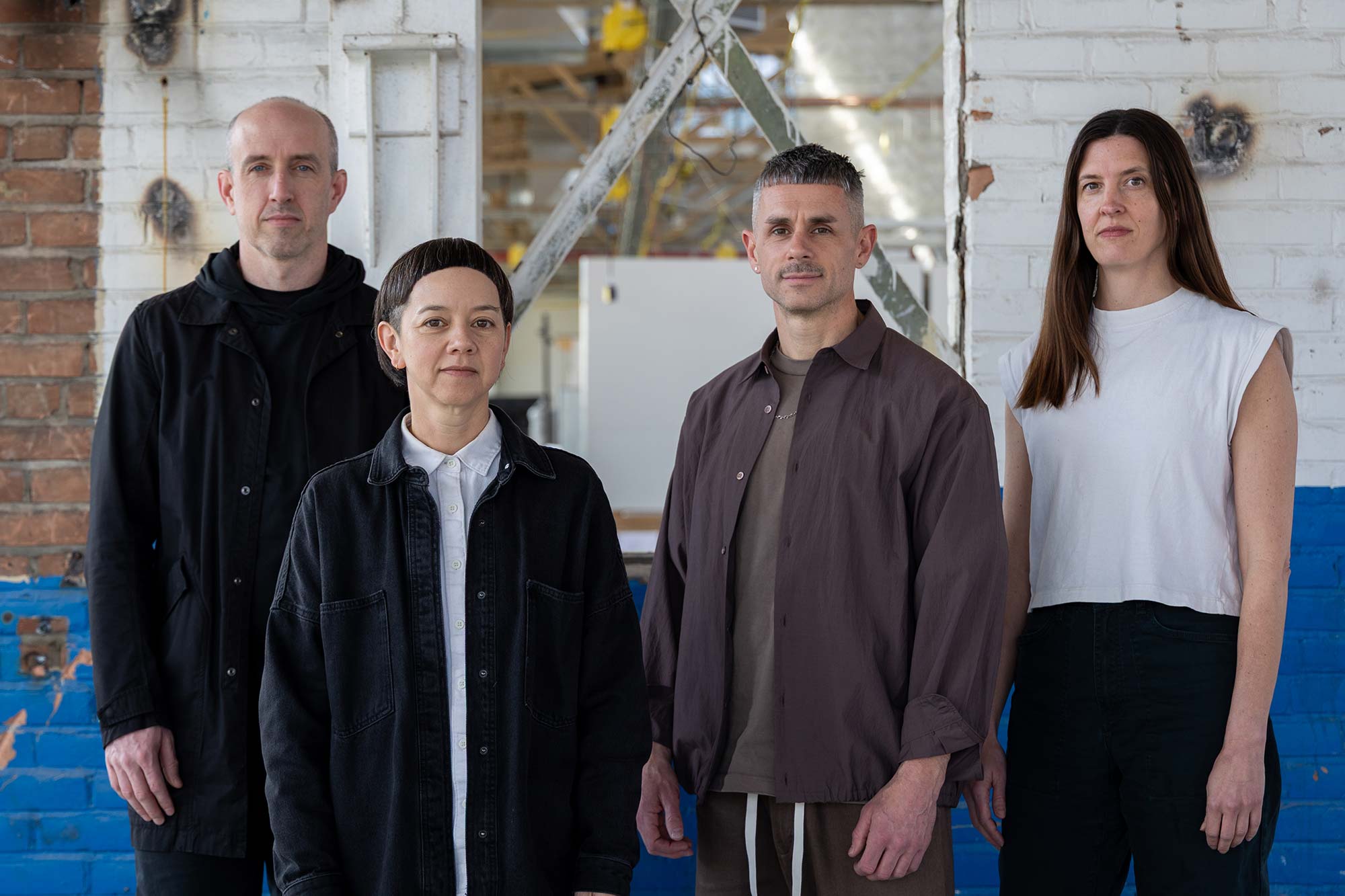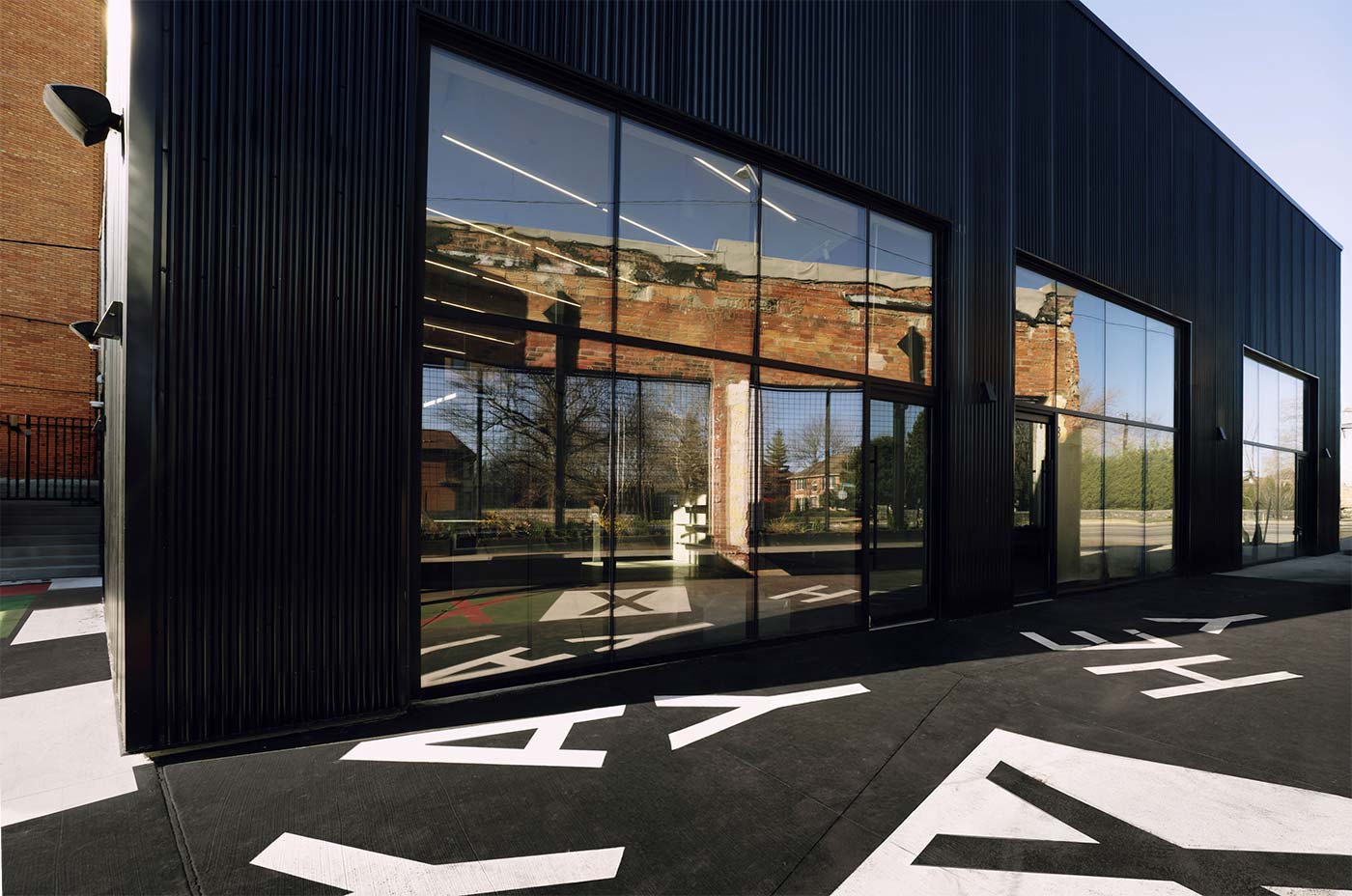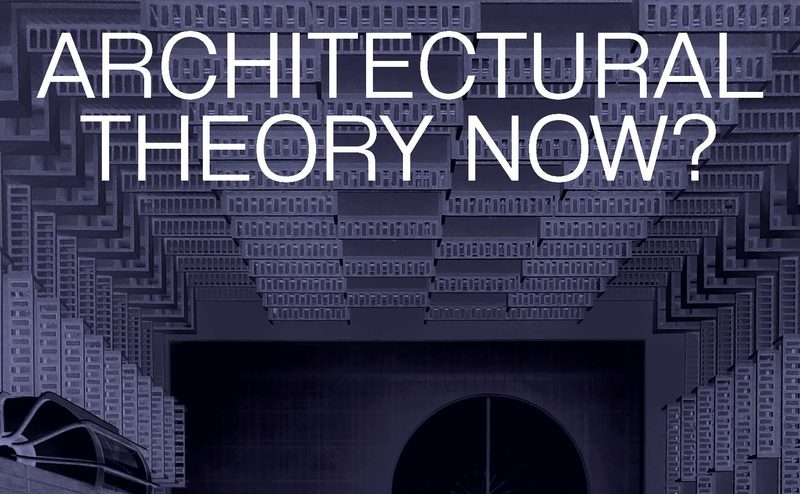
Dean Massey Keynotes PennDesign’s Architectural History Now Symposium
Dean Jonathan Massey is a conversant in the keynote discussion that will kick off Architectural History Now?, a symposium hosted April 4–5 at the University of Pennsylvania School of Design. Titled “Within/Without,” the conversation also will feature Adam Sharr (Newcastle University) and Jane Rendell (Bartlett School of Architecture, University College London).
Architectural theory is today at an impasse, if not passé. Not only are many print journals now gone, architectural theory courses have been eliminated in many schools’ curricula in favor of technology-centered courses, research studios, history without theory, and autonomous theory. It’s as if architectural theory, a field of inquiry developed and articulated over a few thousand years, filling archives and rare book rooms with beguiling works of architectural knowledge, was suddenly transformed in unrecognizable ways. The Architectural History Now? symposium asks, “What has happened to architectural theory and where is it headed?” Is it M.I.A., D.O.A. or simply in transition? What constitutes the practice of architectural thinking—or theory—today? Surely, even if earlier preoccupations now seem irrelevant, architects and students still seek to reflect on the greater purpose of their activities. Age-old architectural concerns about aesthetics, function, materials, and construction have not disappeared. Yet more comprehensive intellectual tools are needed to interpret, assess, and evaluate the longterm social and cultural implications of architectural work, in particular the highly technological expansion of design and building. If little in architectural theory, as developed in recent decades, has prepared architects to thoughtfully engage in our contemporary challenges, it is perhaps time to make a new start in defining architectural theory now.
Dean Massey’s keynote conversation will take place on Thursday, April 4, from 6-7:30 p.m. in Meyerson Hall, 210 South 34th Street, Lower Gallery. Learn more at design.upenn.edu/architecture/graduate/events/architectural-theory-now-0.





